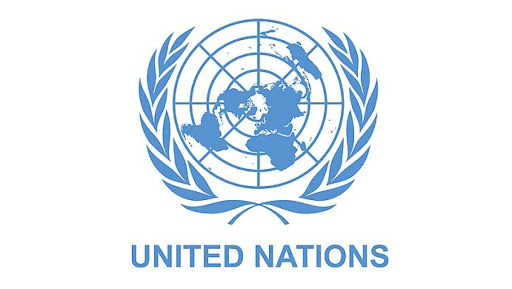Nearly 9,000 citizens of Tuvalu—around 82% of the Pacific island nation’s population—have applied for Australia’s new climate visa, according to official figures. The program, launched under the 2024 Falepili Union agreement, is the first of its kind globally, offering Tuvaluans a pathway to resettlement as rising seas threaten their homeland.
Australia’s high commission in Tuvalu said 8,750 people, including family members, registered for the scheme. The visas will be allocated at random, with Canberra describing the initiative as a way to ensure “mobility with dignity as climate impacts worsen.”
Tuvalu, one of the world’s most climate-vulnerable nations, faces the risk of becoming uninhabitable within the next 80 years. Two of its nine coral atolls are already largely submerged.
The Falepili Union not only opens migration routes but also establishes a wider security framework. Australia has pledged to defend Tuvalu in the event of natural disasters, pandemics, or “military aggression.” In return, Tuvalu has agreed to consult Canberra before signing any defense agreements with other nations.
Tuvalu’s Prime Minister Feleti Teo hailed the pact as historic, noting it is the first time a country has legally recognized the “future statehood and sovereignty” of a nation facing existential climate threats. Analysts also view the agreement as part of Australia’s broader strategy to counter China’s growing influence in the Pacific.
The visa figures were released the same day the International Court of Justice in The Hague heard a landmark case brought by Pacific nations. The case seeks to define the legal responsibilities of states to curb climate change and hold polluters accountable, a ruling that could shape the future of global climate justice.




